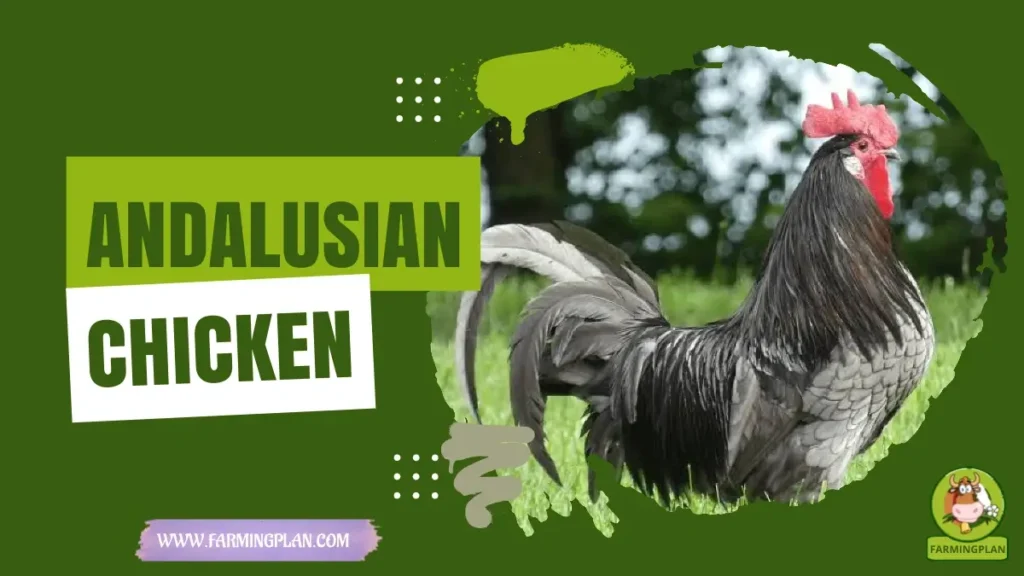If you’re thinking about adding a calm, beautiful, and productive bird to your flock, the Welsummer chicken is a fantastic choice. This friendly breed has a rich history, a striking appearance, and a reputation for laying dark, pretty eggs. It’s perfect for both beginners and experienced chicken keepers. Welsummers handle cold weather well, have a gentle temperament, and make great backyard companions. Their upright stance, deep-colored feathers, and steady egg production make them a top pick for anyone who loves happy, healthy chickens.
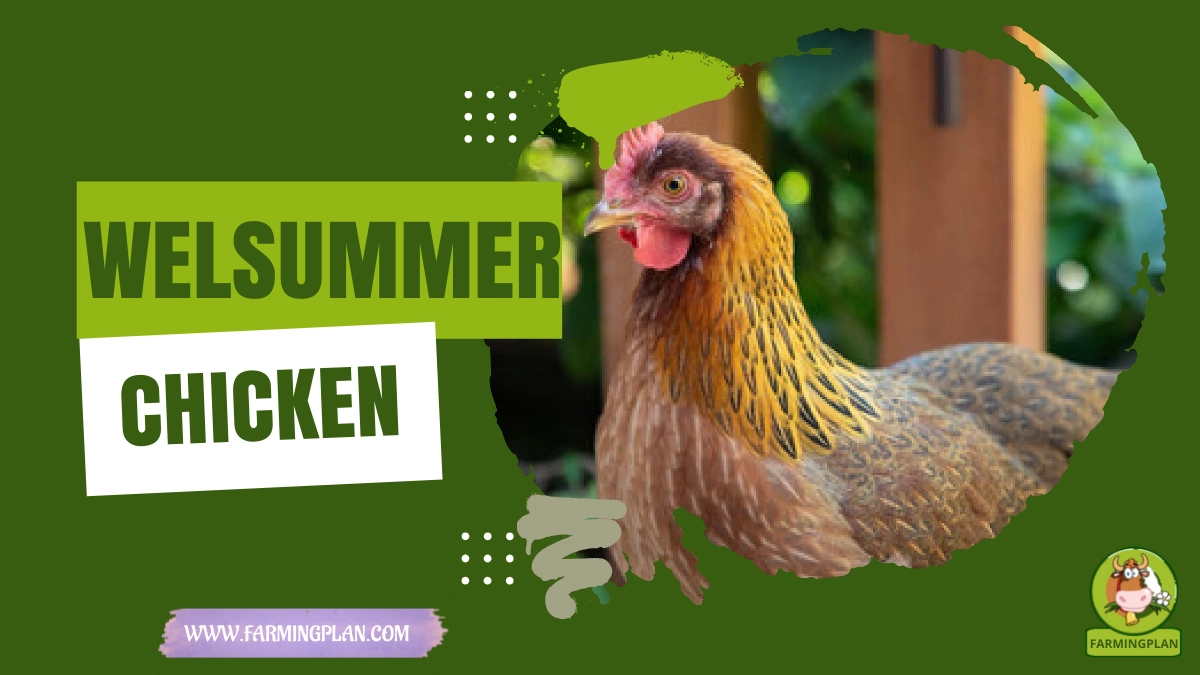
History & Origin of the Welsummer Chicken
The Welsummer chicken comes from the Netherlands, specifically a village called Welsum, where the breed got its name. It was developed in the early 20th century by Dutch farmers who wanted a bird that was both hardy and a reliable layer. These farmers carefully crossed several breeds, including Rhode Island Reds, Barnevelders, and Partridge Leghorns, to create a chicken that could lay beautiful eggs and thrive in various climates. The breed quickly became popular across Europe for its rich, dark brown eggs and friendly personality.
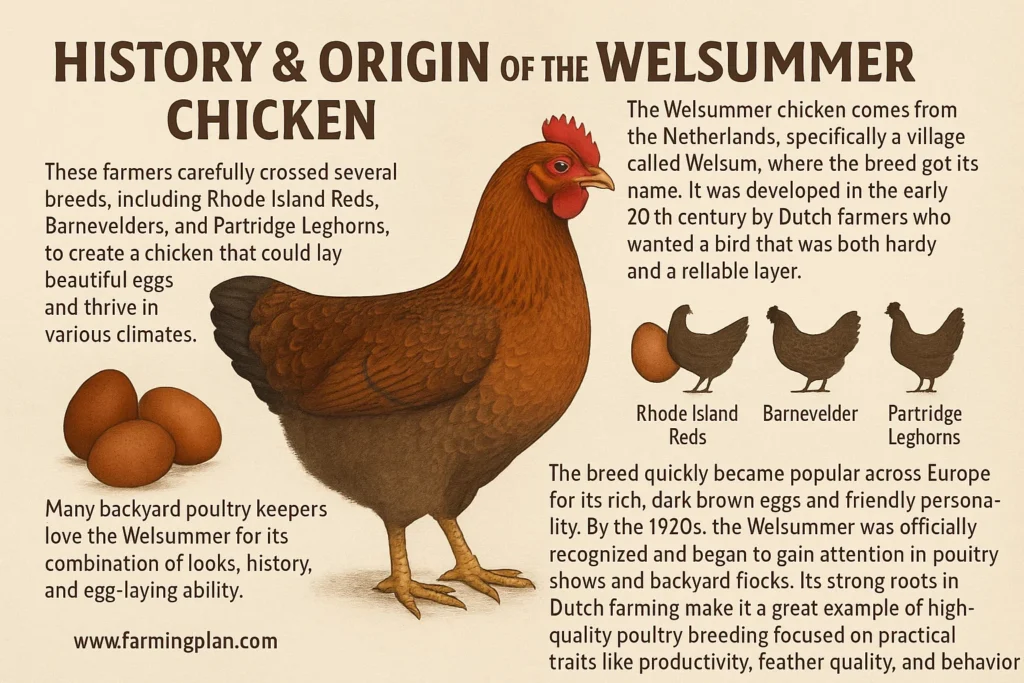
By the 1920s, the Welsummer was officially recognized and began to gain attention in poultry shows and backyard flocks. Its strong roots in Dutch farming make it a great example of high-quality poultry breeding focused on practical traits like productivity, feather quality, and behavior. Many backyard poultry keepers love the Welsummer for its combination of looks, history, and egg-laying ability. This breed brings charm and function to any coop.
Reads More: Pekin Chicken: Charming Bantams That Make Perfect Backyard Buddies
Characteristics of the Welsummer Chicken
The Welsummer chicken breed is easy to recognize thanks to its upright stance, graceful build, and eye-catching feathers. Welsummers have rich, reddish-brown feathers with darker hackle feathers edged in black. These beautiful feathers give them a sharp, stylish look that stands out in any assortment of chickens.
They are medium-sized chickens, with hens weighing about 6 pounds and roosters reaching around 7 pounds. Their legs are yellow, and their combs are single and bright red—classic signs of good chicken health. Their body shape is strong but not bulky, making them easy to handle and suitable for small or large backyard flocks. One of the most exciting traits of this chicken breed, Welsummer, is its egg production. These hens are excellent layers, often laying around 160–200 eggs annually.
The Welsummer chicken egg color is a deep, rich brown—some even have speckles, which many chicken owners love. Welsummers typically live for 6-8 years, with some individuals reaching 10 years or more. Whether you’re raising baby chicks or adding to a mature flock, Welsummers grow steadily and reach maturity in about 20 to 24 weeks. They also do well in both hot and cold climates, which is great if your area sees extreme temperatures.
Nature and Temperament of Welsummer Chickens
Welsummer chickens are known for their friendly temperament and calm nature. They get along well with people and other chicken breeds, making them an excellent pick for families and beginner chicken keepers. I’ve always found them curious but not aggressive—they like to follow me around the yard but never cause trouble in the flock.
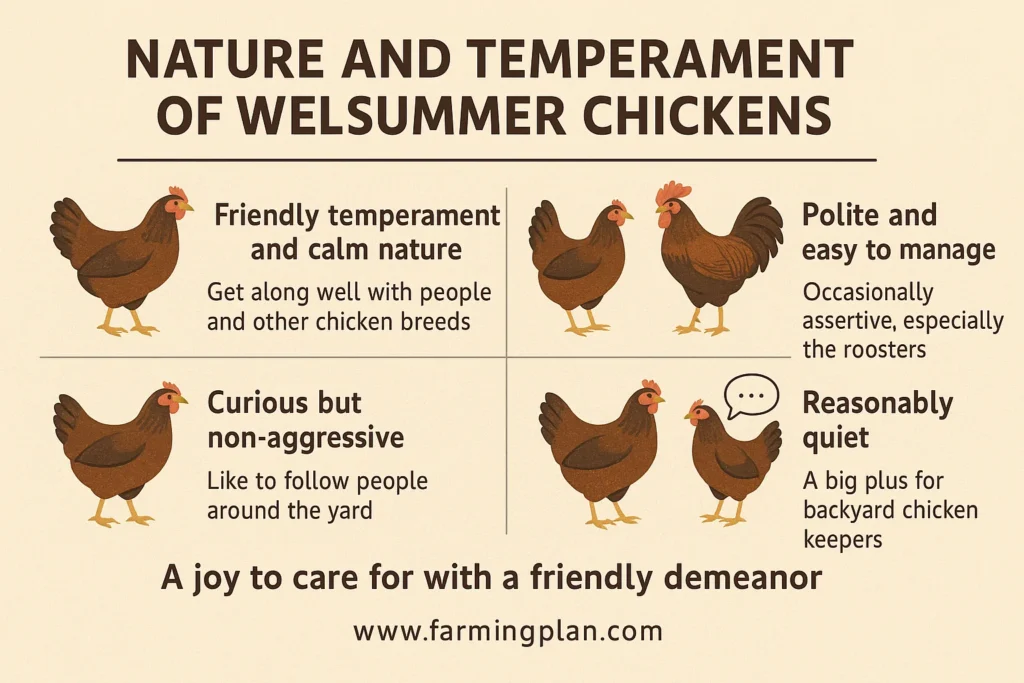
Welsummers aren’t the cuddliest chickens, but they’re polite and easy to manage. They show assertive behavior at times, especially the roosters, but it never turns into a serious issue. Their behavior stays in check as long as they have enough space and a balanced flock, which includes a mix of roosters and hens.
These chickens are also reasonably quiet, a big plus for backyard chicken keepers with neighbors nearby. Their balanced chicken personality and ability to adapt to different environments make them a joy to care for. If you’re looking for happy chickens with a friendly demeanor and strong instincts, Welsummers won’t disappoint you.
Food and Diet for Healthy Welsummers
Feeding your Welsummer chickens the right food is a big part of keeping them healthy and productive. I always start with a good-quality layer feed once they reach laying age. It gives them the protein, calcium, and vitamins they need for strong egg production and overall chicken health. For baby chicks, I use a high-protein starter crumble for the first 6 to 8 weeks of age. After that, I switch to a grower feed until they’re ready for layer pellets.
Don’t forget to provide plenty of clean water at all times—it’s a must, especially during hot temperatures. I also give my Welsummers some healthy treats like mealworms, leafy greens, and scratch grains. But treats should never be more than 10% of their diet. Avoid feeding them salty foods, sweets, raw potato peels, and anything moldy. These can cause serious health issues.
In winter, when egg laying sometimes slows down, I offer extra protein and warm snacks like cooked oats. It helps keep their energy up during cold spells. Keeping their temperature inside the coop cozy makes a big difference in how they eat and lay. A balanced diet and fresh water every day keep your flock strong, active, and laying those lovely brown eggs.
Usage and Purpose of the Welsummer Chicken
The Welsummer chicken serves many purposes for poultry enthusiasts and backyard chicken keepers. Primarily, they are valued as productive layers of beautiful, dark brown eggs that appeal to anyone who loves fresh, farm-style chicken eggs. Their eggs stand out in size and rich color compared to other chicken egg colors you might find in your flock.
Besides egg production, Welsummers make great pet chickens because of their friendly demeanor and calm behavior. They adapt well to backyard environments and provide a steady supply of eggs throughout most of the year. Many farmers appreciate this breed’s balance of egg production and pleasant temperament, especially during normal winter months when some other breeds slow down.
Welsummers also shine in poultry shows thanks to their distinctive feather patterns and striking appearance. For those interested in breeding, the breed offers excellent traits for high-quality poultry breeding programs. If you want a bird that blends beauty, productivity, and a gentle nature, Welsummers fit the bill perfectly.
Reads More: Goat Diseases Prevention: Essential Tips To Protect Your Herd
Special Features of the Welsummer Chicken
One of the most unique traits of the Welsummer chicken breed is its stunning deep-colored feathers with rich brown and black edges. Their hackle feathers stand out with a glossy shine, making them some of the most beautiful birds in any flock. This distinctive feather pattern helps the Welsummer catch the eye of poultry lovers everywhere.
Another special feature is their dark egg layers—the eggs have a rich brown shell that is thicker than many other breeds. This means the Welsummer chicken egg is not only pretty but also sturdy, making it less likely to break during collection. Welsummers also handle cold weather well. Their feather development supports them through normal winters, keeping them warm without extra effort.
This quality makes them a smart choice for people in colder climates who want reliable layers even during winter months. Finally, their friendly temperament and easy-going nature make them ideal for backyard chicken keepers and families. They don’t get easily stressed, which means fewer behavior issues and healthier chickens overall.
“Happy Chickens Lay Beautiful Eggs—Treat Your Welsummers Right, And They’ll Reward You Daily!”
Health Issues and Prevention for Welsummer Chickens
In my experience raising Welsummers, I’ve found them to be generally hardy, but like all chicken breeds, they can face some health challenges. Common issues include mites, lice, and respiratory infections. These pests and diseases can quickly spread if you don’t keep a clean and secure coop. To prevent problems, I always recommend regular cleaning of the chicken coop and nesting boxes.
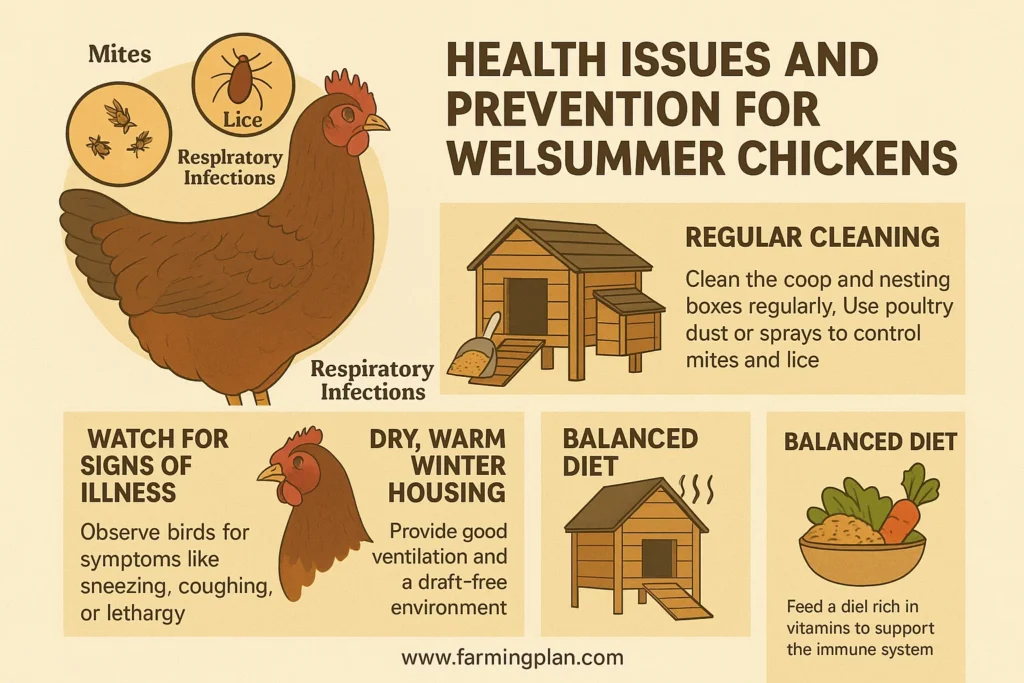
Use safe poultry dust or sprays to keep mites and lice at bay. Also, watch your chickens closely for signs like sneezing, coughing, or lethargy, which could mean illness. Welsummers may slow their egg production during extreme cold, so make sure their winter housing is dry and warm.
Good ventilation helps prevent respiratory issues without making the coop drafty. Providing a balanced diet rich in vitamins supports their immune system, making them less likely to get sick. When you spot any health issues early, you can often treat them quickly with natural remedies or veterinary advice.
Step-by-Step Farming Guide for Welsummer Chickens
Raising Welsummer chickens successfully means following clear steps from setup to daily care. Here’s my personal guide to help you raise happy, healthy birds:
Prepare a Secure Coop
Make sure your coop protects your flock from predators and harsh weather. Welsummers do well in moderate temperatures but need a secure coop to stay safe during cold weather or extreme temperatures. Provide good ventilation without drafts.
Choose Quality Baby Chicks
Start with healthy Welsummer chicks from a trusted winter supplier or hatchery. Check their health and feather development as they grow. At a couple of months old, they’ll begin developing their beautiful feathers.
Feed Them Properly
Feed your chicks a starter feed for the first 6 to 8 weeks of age. After that, switch to grower feed, then layer feed when they start laying. Provide fresh water and avoid feeding scraps that can harm chicken health.
Provide Space and Comfort
Give your chickens enough room to roam safely. Welsummers enjoy foraging and scratching, which helps with their behavior and keeps them happy.
Monitor Temperature
Keep an eye on the temperature inside the coop. In winter, provide extra warmth but avoid overheating. In hot weather, ensure shade and fresh water to prevent heat stress.
Collect Eggs Daily
Welsummer hens are excellent layers. Collect Welsummer eggs every day to keep them clean and encourage steady laying.
Regular Health Checks
Check your flock often for signs of illness or parasites. Maintain cleanliness and provide supplements if needed to support immune health. By following these steps, you’ll enjoy a productive flock with beautiful chicken eggs and healthy, friendly birds.
Expert Tips and Best Practices for Welsummer Chickens
From my years working with Welsummers, I’ve learned a few key tips that can help you get the best from this wonderful breed. First, always keep your coop clean and well-ventilated to prevent common health issues. Fresh bedding and dry conditions go a long way toward keeping your flock happy. Second, don’t overcrowd your chickens. Welsummers thrive when they have enough space to move around, which reduces behavior issues and keeps their feathers looking great.
Third, pay close attention to their diet, especially in winter. Providing extra protein-rich treats can keep your hens laying well during cold months when egg production often dips. Finally, spend time with your birds. Their friendly demeanor means they often respond well to gentle handling, which can make chicken keeping more enjoyable for both of you.
Tip: “Regularly check your chickens’ feathers and feet — early detection of parasites saves time and keeps your flock healthy.”
Where to Buy Welsummer Chickens and Eggs
If you’re ready to add Welsummers to your flock, it’s best to find a reliable winter supplier or hatchery that specializes in this breed. Look for sellers with good reviews who offer healthy Welsummer chicks or chicken-hatching eggs. Local poultry farms and specialty breeders often have quality birds and can provide advice tailored to your region’s climate.
You can also check online poultry marketplaces or forums dedicated to chicken owners and breeders. When buying, ask about the chick’s parentage, health history, and expected chicken egg production to ensure you’re getting productive layers.
For backyard poultry keepers, starting with a small number of birds is a smart choice. This allows you to learn about their behavior, feeding needs, and how they handle your local weather conditions. With the right source, your Welsummer chickens will thrive and fill your coop with those beautiful, rich brown eggs you’re after.
FAQs
How many eggs does a Welsummer hen lay per year?
Welsummer hens typically lay around 160 to 180 large, dark-brown eggs per year. They are known as reliable layers, even through much of the winter season.
Are Welsummer chickens good for beginners?
Yes, Welsummers have a friendly temperament and adapt well to backyard settings, making them ideal for beginner chicken keepers. Their calm nature makes handling easier.
What kind of housing do Welsummers need?
Welsummers do best in a secure coop with good ventilation and protection from predators. They tolerate cold weather well but need shelter from extreme temperatures.
What do Welsummer chicken eggs look like?
Their eggs have a distinctive, rich brown shell with a smooth texture. These dark egg layers are popular for their beautiful chicken egg color.
How long do Welsummer chickens live?
Welsummers generally live between 6 to 8 years with good care, healthy diet, and proper housing. Their chicken health depends on consistent management.
Conclusion
From my experience, the Welsummer chicken is a wonderful breed for both new and experienced chicken keepers. Their beautiful appearance, calm nature, and steady egg production make them a valuable addition to any backyard flock. These birds handle cold weather well and adapt easily to different environments. By providing proper housing, nutrition, and regular care, you’ll enjoy healthy, happy Welsummers that bring charm and productivity to your farm or backyard. Whether you raise them for their rich brown eggs or their friendly personality, Welsummers offer a rewarding experience that blends tradition with practicality.

